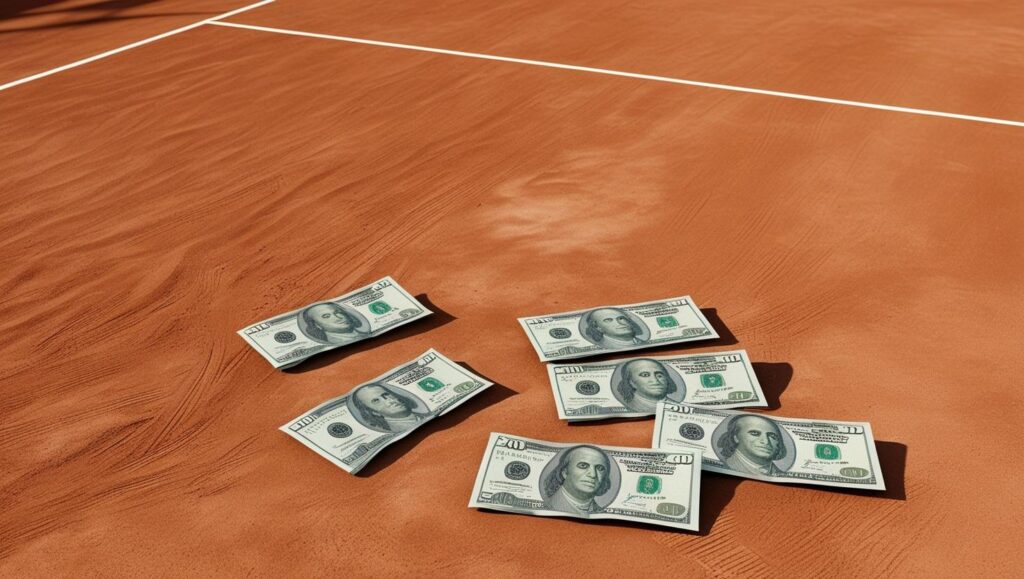The quick answer is no (over 99.9% of the time).
Here we explain why.
Why do the bookies offer it?
This is simple – they want us to place as many low value bets as possible.
A cashout is in effect a low value bet – simply betting on your bet not winning, at odds that are not in your favour.

So why do I feel the urge to cashout?
This is because of the concept of diminishing marginal utility.
If we have nothing to our name, the difference between that and $1,000 can feel huge. It certainly feels bigger than the difference between having $10,000 or $11,000, despite the difference in both being $1,000.
The bookies play on this part of our psychology, knowing that it will mean an uneducated gambler will take a terrible cashout offer because of this concept.
What can I do instead?
The first step would be to improve your bankroll management so that you’re not overstaking on high price/low probability events. We use a variation of Kelly staking criterion to help clients with this. This helps give us a long term outlook, and stake accordingly.
Another alternative would be to bet on the other selection to win (eg if it’s a tennis match), or bet on your selection to lose. You can shop around with all of the available bookies and take the best price available.
This however requires more bankroll, which brings us back to the first step.
It also requires some effort, and the average punter is happy to skip the effort and take the cashout offer, even if it costs them hundreds or even thousands of dollars.

So is it ever a good idea to cash out?
On very rare occasions yes.
It is so rare because we need the bookie to essentially make a mistake, and also not fix it within the time that we realise the mistake, communicate it to the client, and the client confirm the cashout.
We only recommend trying this for advanced clients.
Do you have a cashout that you want to know if it’s value or not?
Or a suggestion for how to manage your bankroll?
Ask us here.

